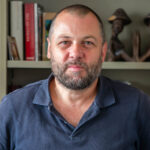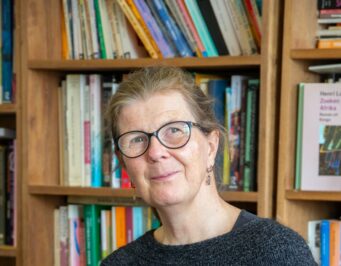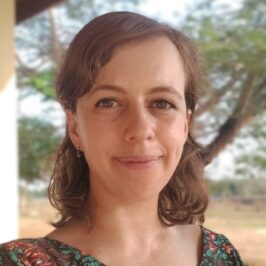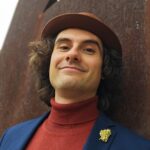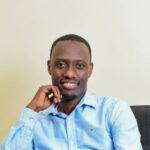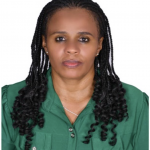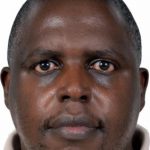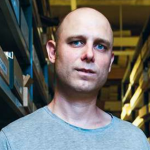Faculty
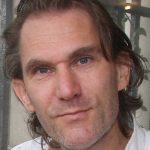
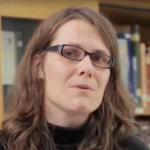
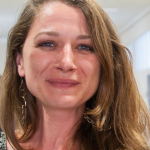
Post-doctoral scholars
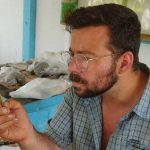
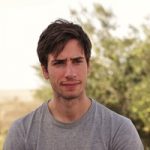
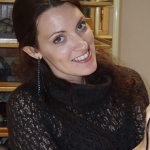
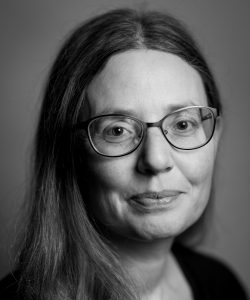
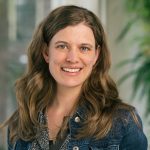
Lorenzo Maselli (°1996) is a BOF postdoctoral fellow at Ghent University and a junior fellow at ILCAA (Tokyo, Japan). Lorenzo’s main interests lie in the fields of acoustic phonetics, articulation, phonological theory and typology, language documentation, and African linguistics. Lorenzo studied at Scuola Normale Superiore in Pisa, École Normale Supérieure in Paris, and at the University of California – Davis. After graduating, Lorenzo spent a year as an invited researcher at LLACAN (Villejuif, France, EU). Subsequently, Lorenzo worked on the phonetic documentation of the West-Coastal Bantu varieties spoken in Lower Kasai, obtaining two doctoral titles (African Studies from UGent, Psychology and Education Sciences from UMons). Lorenzo is currently working on the description of labial-velar and implosive consonants in the Bantu, Ubangi, and Central Sudanic languages of northern Democratic Republic of Congo and southern Central African Republic, in an area known as the Congo-Ubangi watershed.
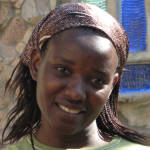
PhD students
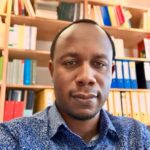
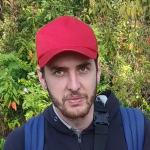
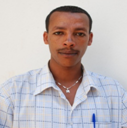
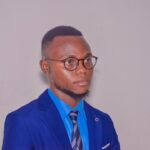
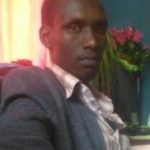
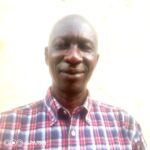
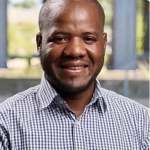
Edward Ntonda (°1983) is a CNRS-funded PhD student in the Orikunda project (French ANR-22-CE54-0009-01) led by Rozenn Guérois (LLACAN-CNRS) and does a joint PhD at Université Paris Nanterre and Ghent University. For his PhD project titled Chikunda in time and space: A historical-sociolinguistic account, Edward focuses on social and linguistic variation in existing Chikunda varieties and describe how this variation is structured. Based on the Words and Things method, he also examines lexical variation with a focus on cultural vocabulary and compares vocabulary items with those from contact languages of the Lower Zambezi River region to gain new insights in Chikunda’s history. Edward has a lot of experience in teaching in France and Namibia. and obtained his Master’s degree at Université des Antilles.
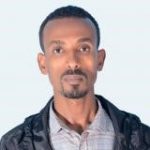
Megersa Regassa Tolasa (°1989) holds a BA of Educaton at the Department of Oromo Folklore and Literature at Jimma University (2009-2011) and a MA Oromo Folklore and Cultural Studies at the same university (2013-2014) with a thesis titled “Indigenous Conflict Resolution Mechanisms among the Oromo: The Case of Reejjii and Jigaa Institutions in Oomoo Naaddaa”. Currently, he is an assistant lecturer at the Department of Oromo Folklore and Literature, Jimma University, and a PhD candidate at Ghent University. His joint Nascere PhD project is titled “Monster Narratives in Oromo Oral Culture: A Gendered Perspective.” He is also participating in the VLIR-UOS project ‘’Oral Literature for Development: Storytelling and Young People Coping with Crisis: Oral Narratives and Crisis Management in Kenya and Ethiopia” with other colleagues.
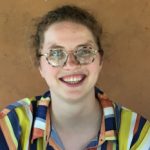
Sifra Van Acker (°1994) is a PhD student within the BantuFirst project. She studied African Languages and Cultures at Ghent University, where she obtained her Master degree in 2018. She did linguistic research for her BA and MA dissertation. She made a documentation and description of Kisamba (L12a), a language belonging to the Kikongo Language Cluster. Apart from some basic vocabulary lists collected for genealogical classification, neither Kisamba documentation nor description were available before this research. For this research she conducted linguistic fieldwork from August up to October 2016 in the Kwilu province in the DRC. Publications
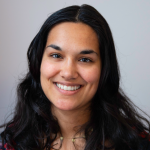
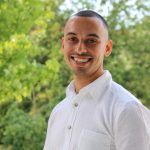
Aron Zahran (°1995) is a CNRS-funded PhD student in the Orikunda project (French ANR-22-CE54-0009-01) led by Rozenn Guérois (LLACAN-CNRS). He is doing a joint PhD at INALCO and Ghent University. Aron’s work explores the historical-linguistic components of the OriKunda project, which aims at revising the history of the Chikunda language from the origins to the present day. More particularly, Aron will conduct a comparative analysis of morphological and syntactic features in the Zambezi Valley Bantu languages. His thesis is titled Classifying Chikunda: Retentions and innovations in the morphology and syntax of Zambezi Valley Bantu languages.
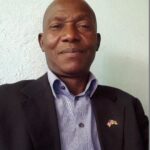
Associate members
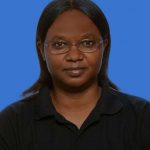
Mary Zacharia Charwi (°1971) has permanent affiliation with the University of Dar es Salaam (UDSM) in the Department of Languages and Literature of the Faculty of Humanities and Social Sciences at Dar es Salaam University College of Education (DUCE). She holds a PhD in African Linguistics from the University of Bayreuth, Germany and a MA (Linguistics) and BA (Education) from UDSM. Currently, she is Assistant to the Principal at DUCE. She teaches Swahili linguistic courses at both undergraduate and postgraduate levels: Swahili Morphology, Swahili Syntax, Swahili Semantics & Pragmatics, and Swahili Lexicography. Her area of research/consultancy specialization is Bantu Linguistics, more specifically Bantu Morphosyntax, Swahili Morphology, Swahili Syntax, Swahili Semantics & Pragmatics, and Bantu Lexicography. Before joining DUCE, Mary Charwi spent 17 years teaching in Primary School. Publications
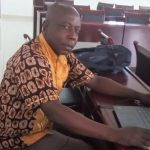
Jean-Pierre Donzo Bunza Yugia (°1963) is Professor of African Linguistics at the Institut Supérieur Pédagogique de la Gombe (Kinshasa / DR Congo). He obtained his joint PhD in African languages and Cultures at Ghent University and the Université Libre de Bruxelles (2015). He taught Lingala at Ghent University (Lingala II, 2021). His research focuses mainly on the descriptive linguistics and historical-comparative linguistics of the Bantu and Ubangian languages as well as the documentation of endangered languages, especially those of pygmies of the DR Congo. Since 2009, he also works on lexicography, terminology and literacy tools as member of the DR Congo team for RAMAA, a UNESCO project and an institute for lifelong learning. Publications

Rozenn Guérois (°1985) is a researcher in African Linguistics at the LLACAN (Langage, Langues et Cultures d’Afrique) lab of the National Centre for Scientific Research of France (CNRS, UMR 8135) at Villejuif (Paris). She was a BOF-funded postdoctoral researcher at the Department of Languages and Cultures of Ghent University. Her 3-year research post-doctoral project consisted of comparing passive constructions in Bantu languages, and developing a typology of this voice phenomenon within Bantu. Prior to this, she was a postdoctoral research assistant in the Leverhulme-funded project Morphosyntactic variation in Bantu: Typology, contact and change. As part of her PhD research, she wrote a grammar of Cuwabo (2015, Université Lyon 2). Her research focuses on the morphosyntactic study of Bantu languages from a descriptive and typological point of view. She currently leads the Orikunda project (French ANR-22-CE54-0009-01), which involves intensive collaboration with BantUGent. Publications
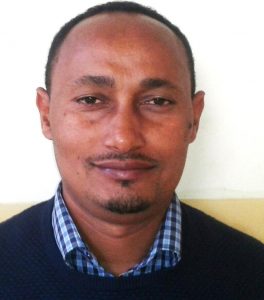
Nega Jibat Gemede is an assistant lecturer of Sociology at Jimma University, Ethiopia, and a PhD candidate at Addis Ababa University pursuing on Gendered Power Relations and Masculinity: Young Men Involvement in Fertility Control. He has earned his first degree in Sociology and Social Anthropology in 2005, and Masters Degree in Sociology (Health and Wellbeing) in 2011, both from Addis Ababa University. His research interest areas include criminal behavior, health, gender and vulnerable groups.
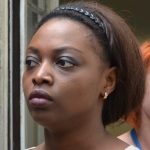
Mandela Kaumba Mazanga (°1988) is assistant professor at the University of Lubumbashi, where she got a MA in Cultural History. In 2022 she obtained her joint PhD degree at Ghent University (UGent) and Brussels University (ULB) with a PhD dissertation focusing on the ethnography, museology and archaeology of Kongo pottery from the 19th until the 21st century as part of the KongoKing project. As part of this PhD research, she did extensive fieldwork in the Kongo-Central Province of the Democratic Republic of the Congo and in Northern Angola. Publications
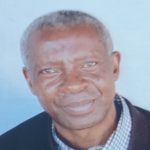
Michaël Kasombo Tshibanda (°1958) holds a PhD in African Linguistics and Literatures from the University of Lubumbashi (UNILU, 2009) in the DRC. His doctoral dissertation is a description of Kanincin, a variety of Ruwund (L53) and focuses on its tonal system. Since his PhD he has been a lecturer in theoretical Bantu linguistics, Bantu phonetics, general linguistics, African linguistics, lexicology and onomastics of Bantu languages and contrastive analysis of foreign and Bantu languages. He was promoted Associate Professor in 2010 and Professor in 2015 at the Faculty of Arts and Human Sciences of the University of Lubumbashi where he acted as the dean (2017-2019). His field research goes beyond the Ruwund area, his native area, and reaches towards the neighboring Kanyòk (L32) and the South Katanga Swahili (G42) languages, not to mention other Bantu languages. Now he also acts as the university cooperation manager at the office of the UNILU Rector. Publications
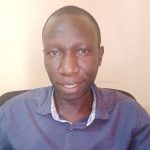
Deo Kawalya (°1980) is a Lecturer at Makerere University, in the School of Languages, Literature and Communication. He obtained his PhD at Ghent University, while at the UGent Centre for Bantu Studies (BantUGent). His main interest is in corpus studies of modality for the Bantu languages in general, and for his native language Luganda in particular. His earlier work covers Bantu lexicography, both practical and theoretical. Publications
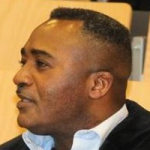
Joseph Koni Muluwa (°1964) obtained his PhD degree from the Université libre de Bruxelles (Belgium) in 2011 and subsequently was post-doctoral researcher at the Royal Museum for Central Africa in Tervuren (Belgium) and at Ghent University (Belgium). In 2016-2017 he was a visiting professor at Ghent University. He currently is lecturer in African Linguistics at the Institut Supérieur Pédagogique of Kikwit (Democratic Republic of the Congo). His research focuses on Guthrie’s B80 West-Coastal Bantu languages, many of which are endangered, and encompasses language documentation, historical-comparative linguistics, ethno-botany, and ethno-zoology. Publications
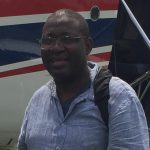
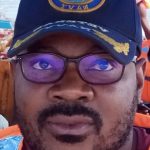
Igor Matonda Sakala (°1984) holds a joint PhD in African Languages and Cultures from Ghent University (UGent, 2017) and History, Art History and Archaeology from Brussels University (ULB, 2017), which he obtained as part of the KongoKing project. His PhD thesis focused on the the Inkisi Valley in the Era of the Kongo Kingdom and relied on historical, archaeological and linguistic data. Since 2018, he has been an Associate Professor at the University of Kinshasa (UNIKIN), more specifically at the Department of Historical Sciences. His teaching and research focus on African precolonial and colonial history, the early and more recent settlement and population history of the Congo, demographic history, historical archaeology, and ceramic traditions. Publications
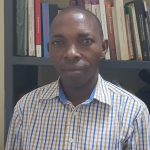
Ferdinand Mberamihigo (°1971) obtained in 2014 a joint PhD degree at Ghent University (UGent) and Brussels University (ULB). His PhD dissertation focused on the expression of modality in Kirundi through a corpus-based approach. He is currently a lecturer at the Faculty of Arts and Social Sciences of the University of Burundi in Bujumbura. In 2018, he got a 3-month short research stay at Ghent University within BantUGent. His research concentrates on Kirundi, with a special interest for modality, corpus-based studies and grammaticalization. He is also interested in Kirundi lexicography. Publications
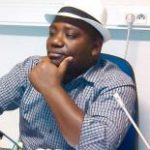
Ernest Nshemezimana (°1976) is a lecturer at the University of Burundi in Bujumbura. He obtained his master’s degree in linguistics at the Catholic University of Louvain (UCL, Belgium) in 2010. He was granted a scholarship to pursue his PhD studies at Ghent University, where he obtained his PhD in African Languages and Cultures in 2016 with dissertation on the information struction of Kirundi. He has been working in the Kirundi-Kiswahili Department of the University of Burundi since 2007, first as a teaching assistant and after his PhD as a lecturer teaching Kirundi and Kiswahili language and linguistics courses. His research interests pertain to the description and analysis of Bantu languages, with a focus on Kirundi and information structure. Publications
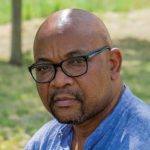
Michel Onokoko Onyumbe (°1962) holds a master’s degree (1994) from the Institut Supérieur Pédagogique of Kananga (Kasai-Central Province, DRC). His PhD obtained at Ghent University in 2022 consists of a grammatical study of Cíbìnjì cyà Ngúsú, an undescribed Bantu language from the Kasai-Central Province, for which he did fieldwork in the rural territory of Dimbelenge during three successive missions in 2014, 2015 and 2016. Publications
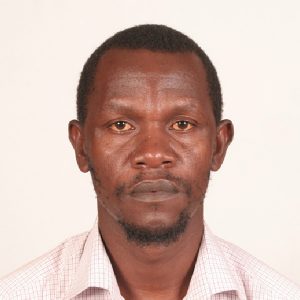
Former members
Wannes Hubau (°1985) studied Bioscience Engineering (Land- and Forest management) at Ghent University (Belgium), where he earned his Magister degree in 2008. For his PhD (2008-2013) he explored ancient charcoal as a natural archive for vegetation and disturbance history in the Democratic Republic of Congo. In 2013-2014 he was a postdoctoral research fellow on the ERC-funded project T-FORCES (Leeds University, UK). During 2015-2018 he was a postdoctoral research fellow at the Africamuseum (Tervuren, Belgium). He was a postdoctoral researcher within the BantuFirst project until the end of July 2020. Publications
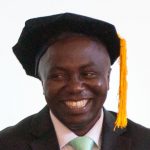
Manoah-Joël Misago (°1975-†2022) obtained his PhD degree in African Languages and Cultures at Ghent University in 2018 with corpus-based research on motion verbs and the expression of location in Kirundi. He was a lecturer at the Institute of Applied Pedagogy (IPA) of the University of Burundi in Bujumbura. His research focused on Kirundi and Kiswahili, with a special interest for morphosyntax and comparative linguistics. He sadly passed away on February 25, 2022 and was buried in Bujumbura on March 5, 2022. Publications
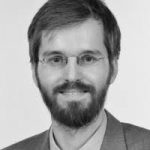
Dirk Seidensticker (°1984) studied prehistoric archaeology, paleo-anthropology and geosciences at the Eberhard Karls University Tübingen, where he earned his Magister degree in 2010. His PhD (2017) was devoted to the settlement history of the north-western Congo Basin. As part of the research group of Manfred K. H. Eggert from 2007 to 2014 he participated in research in Cameroon. From 2015 to 2016 he was part of a research project at the University of Cologne and carried out fieldwork in the Democratic Republic of the Congo. Besides focusing on African archaeology, his work within the Digital Humanties includes data management and data base design as well as statistical analysis and reproducible research using computational methods. He was a postdoctoral researcher within the BantuFirst project until the end of September 2020. Publications
